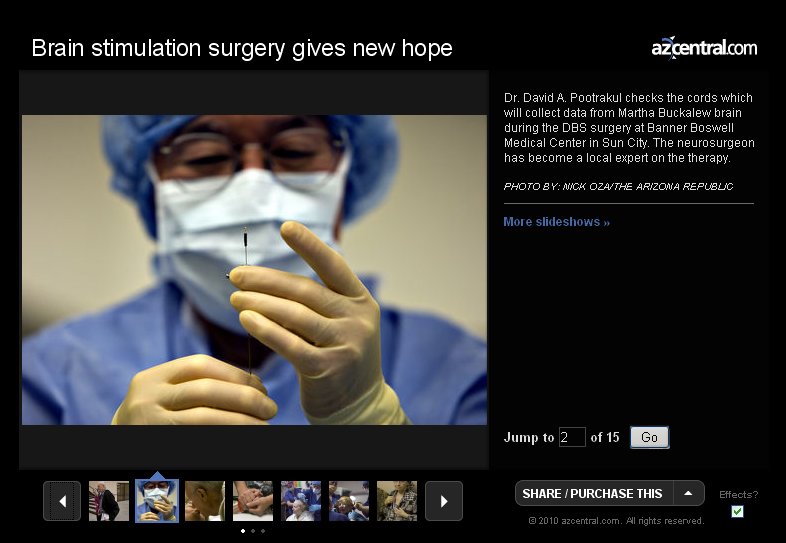 |
It's been a while since I watched that movie/documentary.
So without Googling (which I'm sure you could do it on your own) to fact check what Moore presented in his piece,
I'd like to give you my opinions on the issue.
- ถ้าไม่มีเงิน โรงพยาบาลไม่รับรักษา เอาตัวคนไข้ไปทิ้งนอกโรงพยาบาล
--I believe it's true. How many cases? Maybe it's less than 10 or 5. However, if you see America as the greatest country in the world, i.e. you believe in American Exceptionalism, even one instance of a case like this is a disgrace.
- บริษัทประกันไม่รับทำประกัน ด้วยเหตุผลว่า อ้วนไป ผอมไป ฯลฯ
--I think the insurance companies would insure you but your premium might be higher. They used to reject some people because they had an "preexisting condition" though. Meaning, you are healthy and do not have a health insurance. Suddenly, you find out that you have diabetes. And now you want to get a plan that will help you with the medical costs. Before "Obamacare", the insurance companies might not accept you, so you're on your own.
- ซื้อประกันแล้ว ก็อาจเคลมไม่ได้ เพราะนโยบายของบริษัทคือ ต้องปฏิเสธให้มากที่สุด
--I remember in the film, this came from a woman who worked for an insurance company (Aetna?) and according to her words, that was her company's policy.
- หน้าที่ของ Medical Reviewers คือต้องทำยอด ปฏิเสธผู้ทำประกันให้ได้มากที่สุด
--Same as above.
- บางคนผ่าตัดทีหนึ่ง ต้องขายบ้าน ขายรถ เงินหมดตัวเลย
--Yes.
- ถ้าจะไปโรงพยาบาล ต้องติดต่อของอนุญาตจากบริษัทประกันก่อน
--You DON'T have to BUT you should. Since a policy has lots of rules, terms and conditions which you should familiarize yourself with. For example, there are things called a "in-network" and an "out-of-network" provider. Your policy may pay most of the charges when you visit an "in-network" provider/facility and you may have to be responsible for all charges made at an "out-of-network" provider/facility.
So, for someone to say that you "ต้องติดต่อของอนุญาตจากบริษัทประกันก่อน", that's is NOT exactly true.
However, I think you can say that you are usually presented with limited options in terms of the doctors who you can see and be covered by your policy.
(I'm assuming you would like to pay less in premium so you would likely have to go to the "in-network" providers/facilities.)
What if it's not an emergency (but I believe many people would still feel like they want to see the doctor as fast as they can)?
Looking at my policy, if it's not an emergency, my choice would be (1) go see my doctor--I'd have to make an appointment with him first and he may have an opening 3 days later and pay $25 co-pay, or (2) go to an Urgent care clinic--which I have to pay $100 out of my pocket but I don't have to make an appointment, and it's cheaper than going to (3) an emergency room and pay $100 but the waiting line maybe 3 hours.
- ต้องรอที่โรงพยาบาล 5-6 ชม อย่างต่ำๆ
--Fortunately, I myself have never experienced such a long wait. My longest wait to see a doctor was 1 hour. Ironically, I was at an "Urgent Care" facility!!! while my usual wait at my physician is about 20 minutes!!!
- ค่ายาในอเมริกาแพงมหาโหดมาก จ่ายแพงกว่าประเทศอื่นๆ เป็นสิบเท่า
--I agree. Fortunately (again), I have not received the bills that would bankrupt me. But I have heard from some of my co-workers and friends about their cancer-related bills and let me tell you--sometimes I think the bills are scarier than the cancer itself!!! I mean, imagine your doctor told you that you have the big C, then you got hit with these bills...$2K here, $5K there...wtf?
One good thing about "Obamacare" is that the insurance companies cannot put a limit on how much they would pay for you in your lifetime. Before, my previous insurer (Blue Cross Blue Shield) had a limit of $1 million.
| จากคุณ |
:
Genuine XXX 
|
| เขียนเมื่อ |
:
13 ก.ย. 54 03:49:45
|
|
|
|
 |





